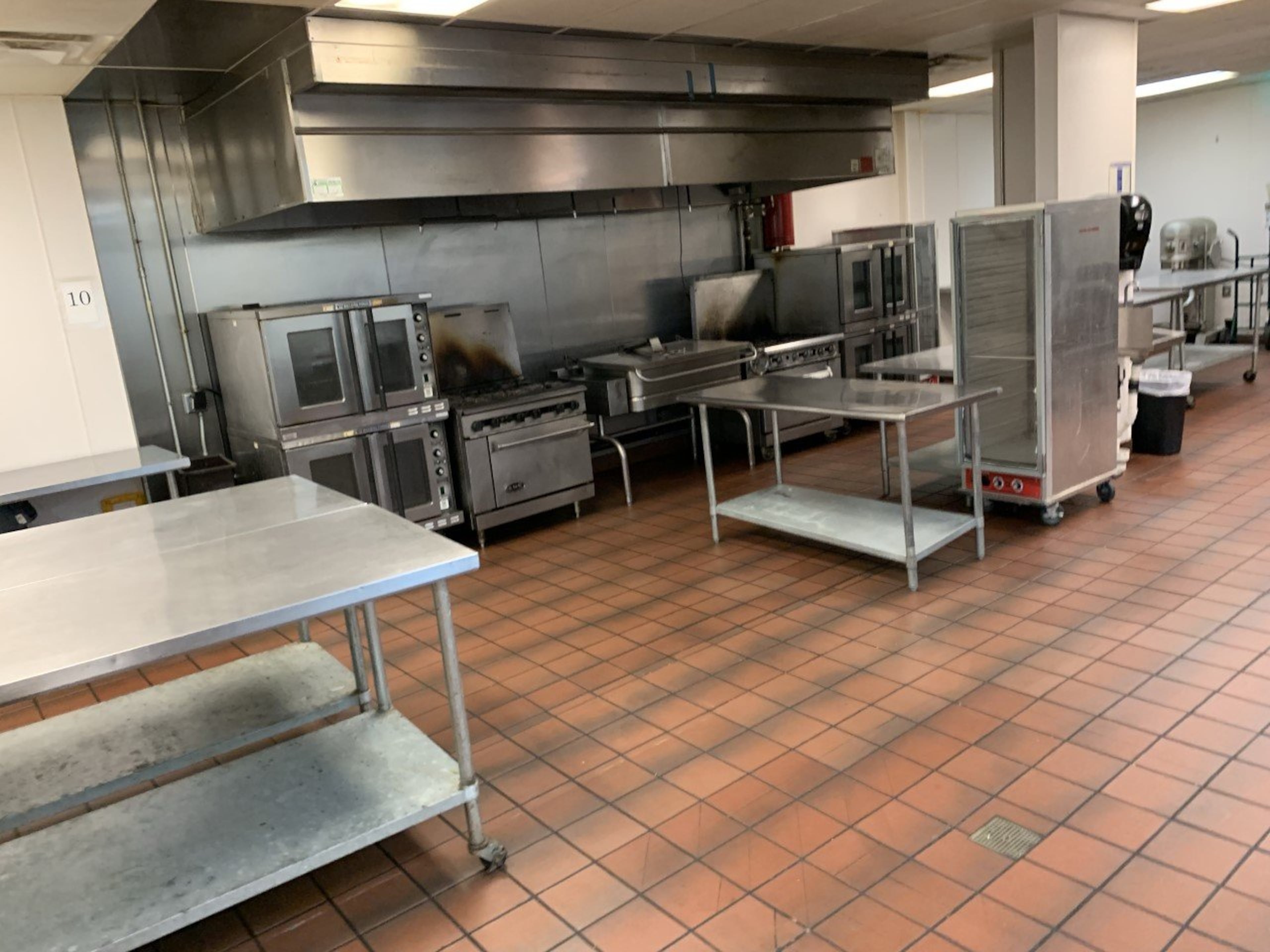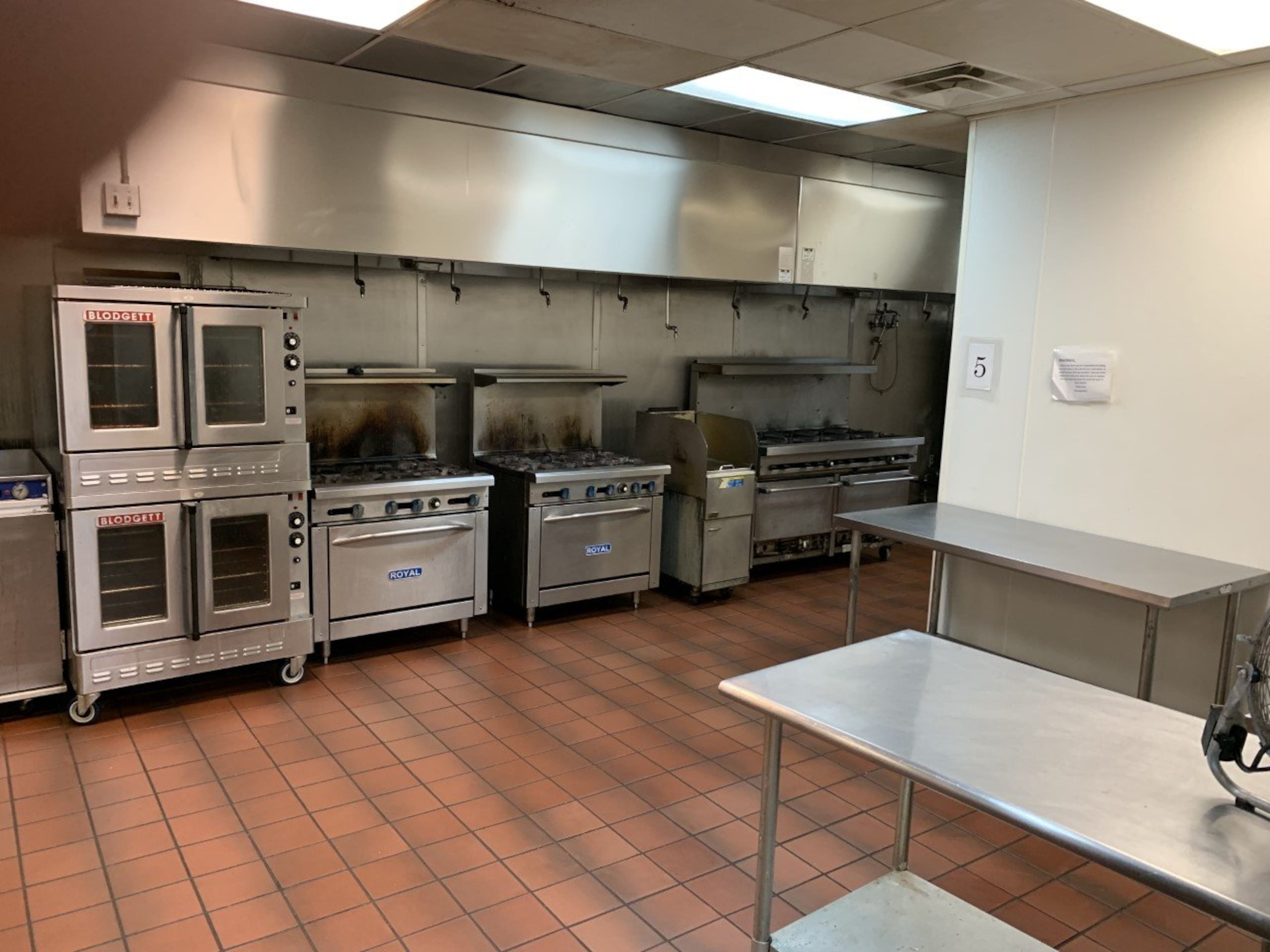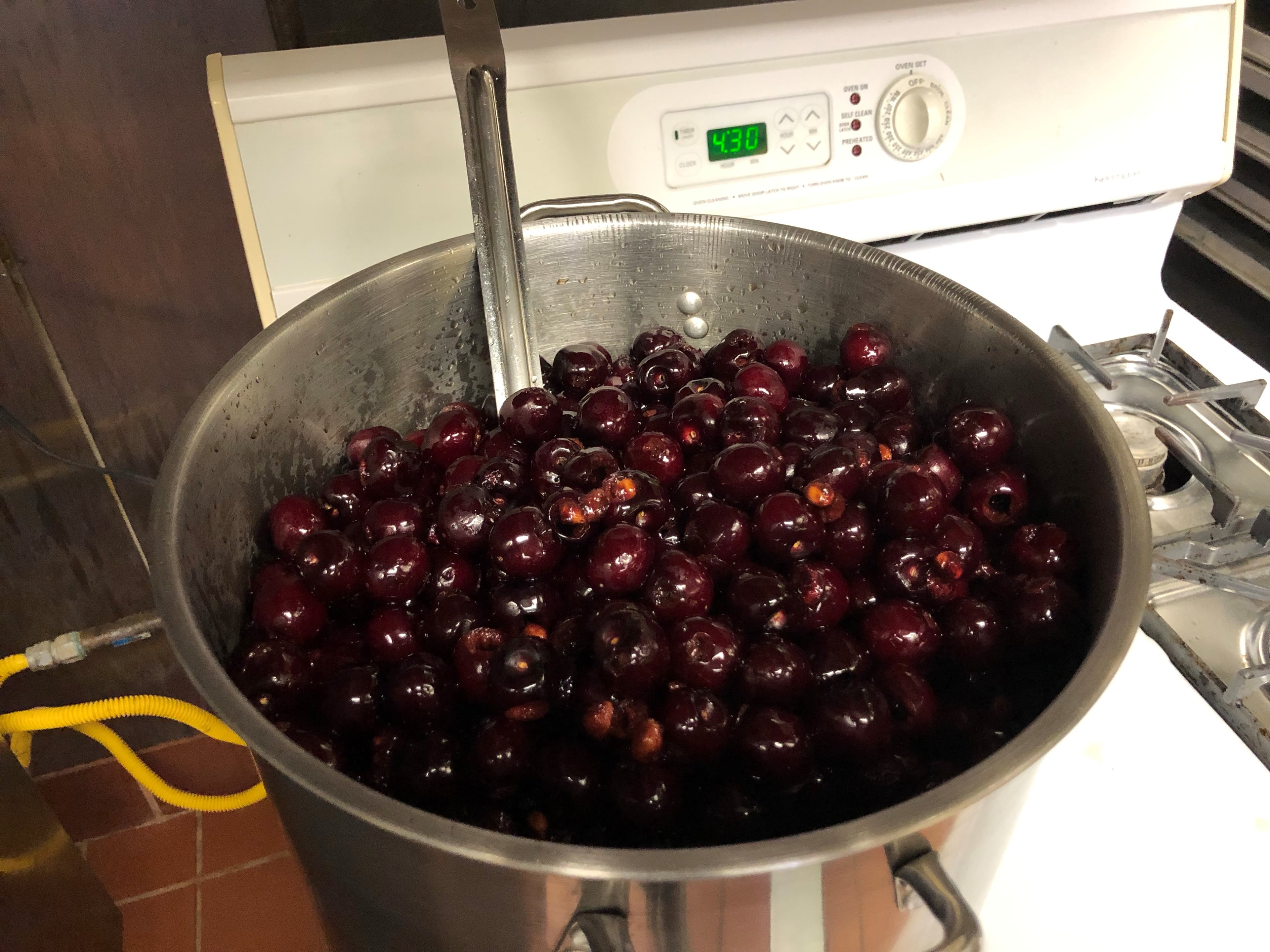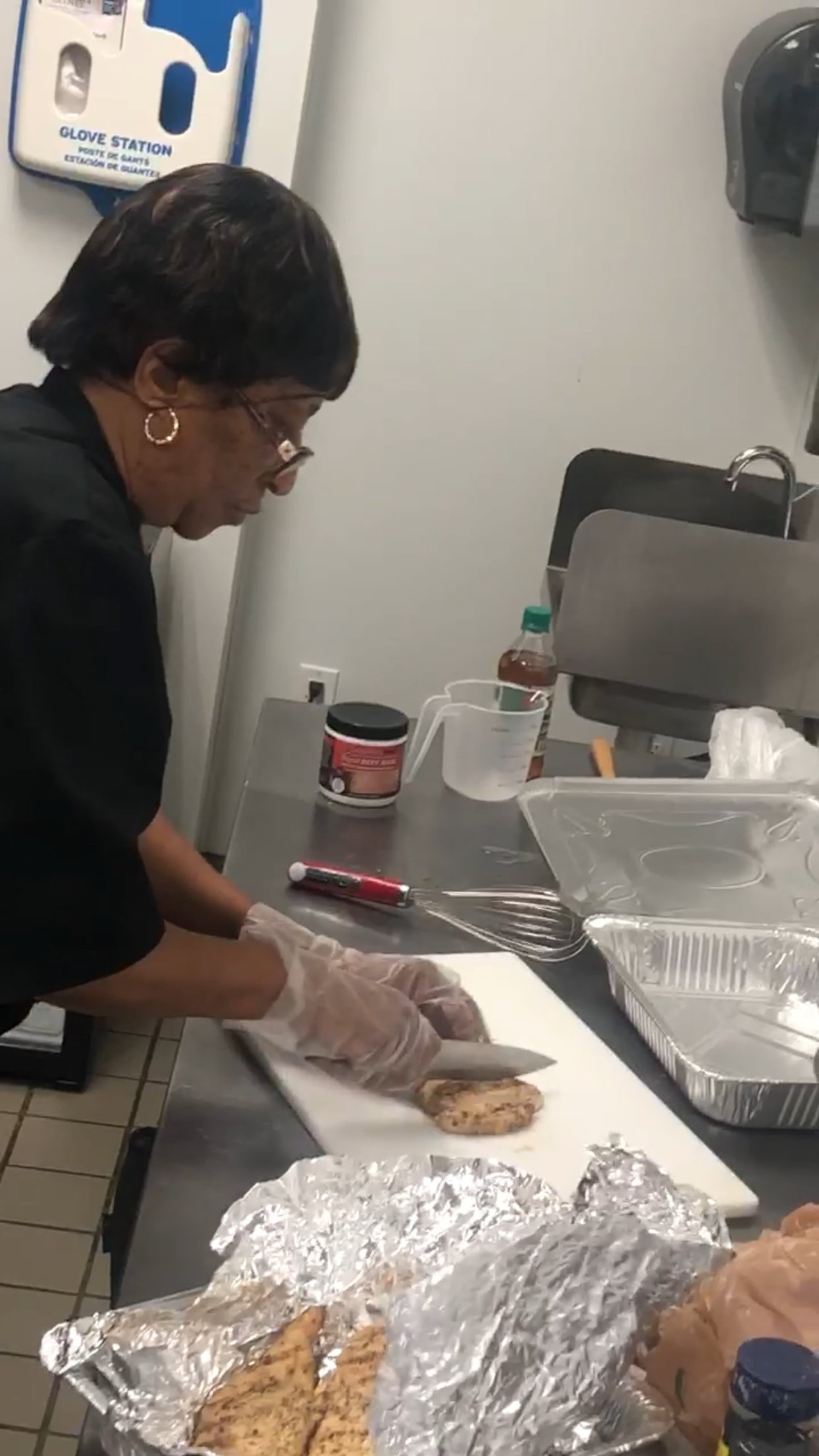These shared Atlanta kitchens cater to food entrepreneurs
















Your cupcakes are famous. Every party invitation you receive includes, “Could you please bring cupcakes?”
Potlucks? You never can bring potato salad. They want your cupcakes.
Is it time to turn your cupcakes into a business? Yes?
If you’re baking out of your own kitchen, you’ll need to be a cottage food operator, permitted by the Georgia Department of Agriculture to prepare and sell a limited range of products (such as cakes, pies, granola and popcorn). You can’t wholesale your products, or offer them through a distributor, and you can’t ship them across state lines. (Don’t forget to check zoning regulations.)
Ready to go bigger? Then you need a food sales establishment license, which requires preparing food in a facility that meets state and local requirements. For many food entrepreneurs, that means going into a shared kitchen.
The Atlanta area has more than a dozen licensed shared kitchens offering a range of services.
Shellane Brown and Erica Houston Pickett of Apple Butter Bakery & Custom Cake Shoppe in Stone Mountain are open five days a week, six hours a day. One day, Charlotte Bell of Lady Belle macarons walked into the bakery and asked about leasing space. Given the bakery's limited hours, there was plenty of kitchen time available. When one of the bakery's employees asked if she also could use the kitchen for her vegan baking, the partners became licensed as a shared kitchen space (required if more than two food industry professionals are sharing a space).
Back in 2013, Philip Brownlee of Crazy Good Community Kitchen in Marietta found the right commercial kitchen space for his gourmet kettle corn business, and it turned out to be for sale. He bought it, makes his Crazy Good Kettle Corn there, and also runs a commercial kitchen, serving about a dozen clients. "In order for this to work, everybody has to play well together," he said. He provides ovens, mixers, tables for prep areas, and dry, refrigerated and freezer storage areas. His clients supply whatever else they need, and the space is open 24/7.

Sean Fagan of T. Dean Cocktail Provisions hopes one day to open a gin-focused distillery, but, in the meantime, he produces a range of cocktail-related products at Crazy Good Community Kitchen. “I am the owner, maker and purveyor, so having someone else handle the requirements for making sure my ‘factory’ is legal is well worth it,” he said. “It allows a small, start-up food business to enter the market at an affordable expense.”
Jonnetta Patton opened J's Kitchen Culinary Incubator in 2017 to be as much a business incubator as a shared kitchen. "I wanted to offer business services for our members," Patton said. "We don't expect them to stay here forever, and we want to help them grow and create a sustainable business." She offers a business curriculum and introduces the kitchen's 20 members to attorneys, CPAs, publicists, insurance brokers and other professionals.
Shared Kitchens of Decatur opened 11 years ago. Rashan Toodle, sales and member service manager, said the 47 members range from long-time client 4u.catering to newcomer Cafecito Coffee Shop.
“A company like 4u will start working at 7 or 8 a.m., get their cooking done, and then go out to their clients,” Toodle said. “Someone else might come in at 2 in the morning. Or in the afternoon. Some come in every day, others every week, and others maybe every two weeks.”
Janet Ethridge and Dana Vines of Screen Door Foods & Provisions started as Shared Kitchens' co-packer, and now run an independent business there. "We work with small-scale food artisans," Ethridge said. "Once they've perfected their recipes, we make their products for them. They realize their time is more valuable spent in front of the client, rather than at a pot stirring." They service more than 40 clients out of their space at Shared Kitchens.
Prep offers both shared and dedicated kitchen space just inside the Perimeter. “We see ourselves as a business accelerator,” said Mitchel Jaffe, co-owner. “We opened in June 2013, with 15,500 square feet. We added 68,000 square feet, and now we have the original shared kitchen space, but also a place where we can build out dedicated kitchens for our clients.”

Tracy Gribbon of Georgia Sourdough is one of those clients. “When I first started, I didn’t have the capital to buy stoves or lease space,” Gribbon said. “Prep was a lifesaver. But, you get to the point where you need more. What begins as an awesome economical way to start something becomes a place where you can’t work as efficiently as you need to. Now, we’ll have 2,500 square feet of space that’s just ours.”
“When our campus is complete, we’ll have 83,500 square feet and provide space for the equivalent of 850 jobs,” Jaffe said. “We help our members with everything from procurement to marketing, and connections with distributors. We can help with regulatory barriers. Where it might take you three to four months to permit your business, we can help get it done in two to four weeks.”
Prep has taken on business acceleration in a big way, as well. Prep’s owners partnered with Truck & Tap, so its food truck clients would have 365 days a year of permitted vending spots. Now, they’re opening Ph’east at the Battery at SunTrust Park. “It’s one more way we can accelerate small food companies,” Jaffe said.
RELATED:
Read more stories like this by liking Atlanta Restaurant Scene on Facebook, following @ATLDiningNews on Twitter and @ajcdining on Instagram.

